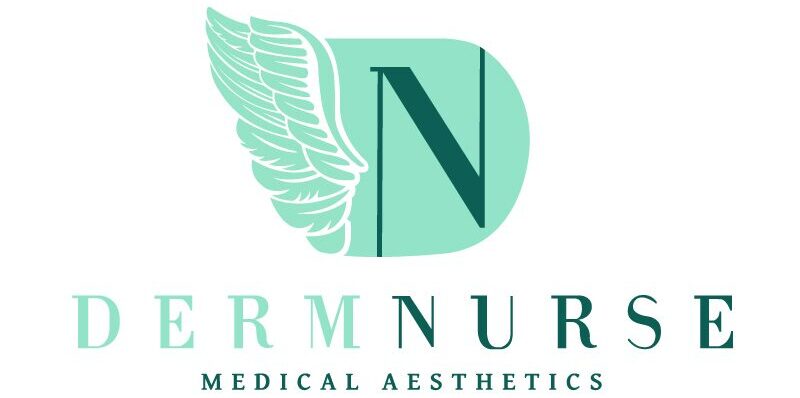Pre-Care and Aftercare for Chemical Peels
Chemical Peels: How They Work
Chemical peels use concentrated solutions of acids to exfoliate the skin and promote regeneration. Common acids include:
- Glycolic Acid
- Lactic Acid
- Citric Acid
- Malic Acid
- Tartaric Acid
- Salicylic Acid
- Trichloroacetic Acid (TCA)
- Phenol
- Retinoic Acid (Vitamin A Acid)
- Jessner’s Solution (lactic acid, salicylic acid, and resorcinol)
- Ascorbic Acid (Vitamin C)
Benefits:
- Improves texture and tone
- Reduces imperfections (scars, wrinkles, hyperpigmentation)
- Stimulates collagen production
Types of Peels:
- Superficial: Targets the outer layer of skin.
- Medium: Reaches deeper layers.
- Deep: Penetrates the dermis.
Pre-Care Instructions
- Avoid exfoliants: Stop retinoids, AHAs, BHAs, and other active ingredients 5-7 days prior.
- Limit sun exposure: Avoid tanning, prolonged sun exposure, and self-tanners for 1-2 weeks.
- No hair removal: Refrain from waxing, threading, or depilatory creams for 1 week.
- Hydrate: Drink water and moisturize daily.
- Arrive with clean skin: No makeup, lotions, or sunscreen.
- Disclose medical history: Inform your provider of any medications, allergies, or procedures.
- Avoid recent treatments: Skip microneedling, laser, or peels for at least 2 weeks.
- Stop Accutane: Discontinue isotretinoin 6 months prior unless advised otherwise.
- Consult your provider: Mention any photosensitizing medications (e.g., doxycycline, minocycline).
Post-Care Instructions
- Avoid water/steam: For self-neutralizing peels, avoid water/steam on treated areas for 8 hours.
- Protect from sun: Wear SPF 30+ daily and avoid direct sun for 1-2 weeks.
- No exfoliants: Skip retinoids, acids, or scrubs until peeling stops (7-10 days).
- Don’t pick: Avoid peeling or rubbing flaking skin to prevent scarring.
- Hydrate: Use a gentle moisturizer as recommended.
- Avoid heat & sweat: Skip hot showers, saunas, and exercise for 48 hours.
- No makeup: Refrain from makeup for at least 24 hours.
- Cleanse gently: Use a mild, non-irritating cleanser.
- Skip treatments: Avoid injectables, lasers, or abrasive procedures for 2-3 weeks.
What to Expect
Immediately After:
- Redness: Mild redness similar to a sunburn.
- Warmth/Tingling: A burning sensation that subsides within an hour.
- Dryness: Tight and dry skin.
Next Few Days:
- Peeling/Flaking: Starts 2-3 days post-treatment and lasts up to 7 days.
- Sensitivity: Skin is more sensitive to touch, products, and the sun.
1-2 Weeks:
- Improved Texture: Smoother, more even skin.
- Continued Peeling: Patches of peeling may last up to a week.
Long-Term:
- Bright, Radiant Skin: Renewed glow with improved tone and texture.
Signs of Infection
- Persistent redness or swelling beyond 72 hours.
- Pus or yellow/green discharge.
- Increased pain or tenderness.
- Fever or chills.
- Red streaks from the treatment area.
Burn:
- Severe redness lasting hours.
- Blisters or open sores.
- Excessive pain or stinging.
- Deep peeling or sloughing.
- Intense swelling or heat sensation.
Tip: Always follow pre- and post-care instructions to minimize risks and maximize results.
Experience smoother, healthier skin with a chemical peel. Book your session today!
